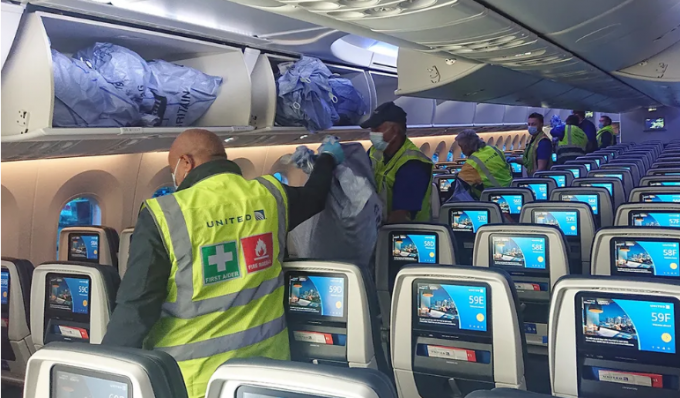Shortage of US air traffic controllers impeding air cargo expansion
Air traffic control (ATC) constraints in the US are affecting growth in commercial aviation, with ...

Air cargo’s moment in the spotlight will change the aviation industry for good, with fleet and network decisions likely to be shared rather than passenger arm choices.
“The focus on cargo will be a permanent shift,” said Wille Walsh, director general of IATA, at the World Cargo Symposium in Dublin last week.
“Cargo wasn’t an afterthought, but it was a less significant factor [for many airlines]. And decisions that have favoured passengers have often gone against what cargo businesses want – for ...
Volcanic disruption at Anchorage could hit transpacific airfreight operations
Macron calls for ‘suspension’ – CMA CGM's $20bn US investment in doubt
De minimis exemption on shipments from China to the US will end in May
Forwarders stay cool as US 'liberation day' tariffs threaten 'global trade war'
Mixed response in US to 'Liberation Day', while China leads wave of retaliation
Trump tariffs see hundreds of cancelled container bookings a day from Asia
Tariffs and de minimis set air freight rates on a volatile course


Comment on this article